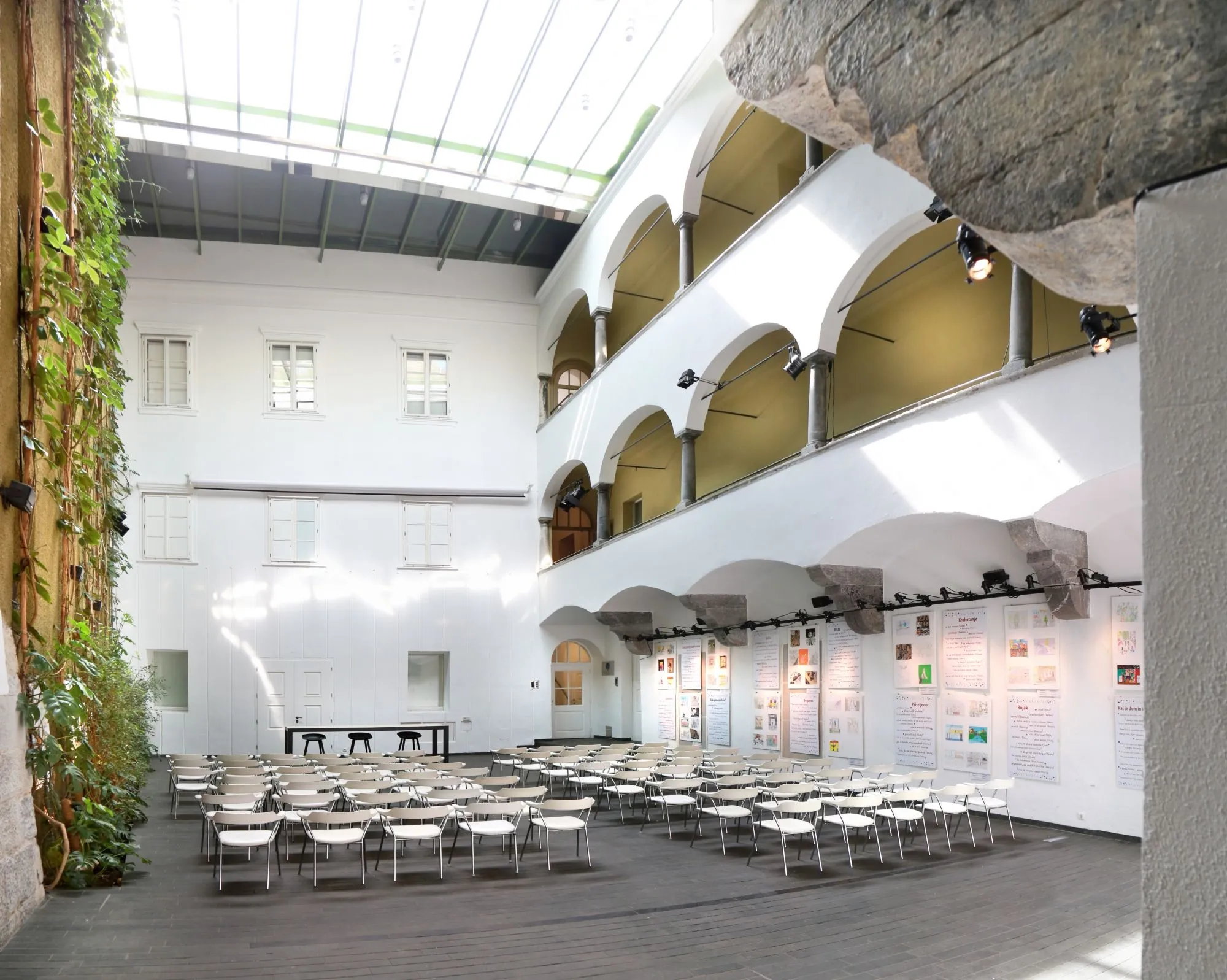
There's History in All Men's Lives
There is a history in all men's lives
Figuring the natures of the times deceased;
The which observed, a man may prophesy
With a near aim of the main chance of things
As yet not come to life …
(Shakespeare, Henry IV, pt. 2, III,1)
It seems that ever since literature has taken shape, the lives and deeds of individuals have been at the heart of what motivates stories and storytelling: both of Homer's epics begin with a focus on an individual. Even after historiography emancipated itself from mythographic and ethnographic studies and entered the stage of scientific literature, biography soon followed suit: one of the three great Greek historians, Xenophon, wrote at least two biographical treatises, paving the way for countless great names in the biographical genre.
While it may seem that biography has experienced a period of disengagement from the academic world in recent decades, this couldn't be further from the truth if one looks at central national biographical projects, among many others the Deutsche Biographie, the Österreichische Biographische Lexikon, the National Biography of Finland – and the New Slovenian Biographical Lexicon (NSBL), which is celebrating the tenth anniversary of its first volume this year. Since 2020, InTaVia has been working to connect and harmonise these collections across borders, making them accessible and visible to a wide audience.
The symposium There's history in all men's lives will bring together experts from two closely intertwined fields to shed light on biography as a historical genre, as well as on various aspects of cultural heritage, digital humanities and visualisation, in the hope of further strengthening collaboration between them.
Follow this Google Forms link to register for the symposium.
PROGRAMME
Monday, September 25, 2023 / DAY 1: Biography-dedicated part
9.00–9.30 Registration
9.30–10.00 Welcome speeches / Introduction
* Oto Luthar, Director of the ZRC SAZU
* Gregor Pobežin, Head of the Institute of Cultural History, ZRC SAZU, Eva Mayr and Florian Windhager, coordinators of the project InTaVia, Danube University Krems
* Petra Testen Koren, Editor-in-chief of The New Slovenian biographical lexicon (2022–)
10.00–10.30 Opening lecture
* Igor Grdina, Gregor Pobežin: “There's History in All Men's Lives”
10.30–11.30 Morning session
* Jérôme Roudier: The Biography: An Adequate Tool to Understand the Birth of Political Modernity?
* Jukka Kortti: Between Private and Public. Biographies about and by an Elite
11.30–12.00 Discussion
12.00–13.30 Lunch break
13.30–15.00 Afternoon session 1
* Federico Zuliani: Which Place for the Biographies of 16th-Century Religious and Linguistic Minorities in Italian and Swiss Historiographies?
* Anja Grebe: Myth and Knowledge in Artists' Biographies – The Case of Albrecht Dürer
* Ane Ohrvik: A Republic of Letters? Exploring a Nineteenth Century Knowledge Network through the Lives of the Norwegian Scientist Peter Christen Asbjørnsen (1812–1885)
15.00–15.30 Discussion
15.30–15.40 Coffee break
15.40–16.40 Afternoon session 2
* Filip Hameršak, Nataša Jermen: Biographical Research and Presentation in the Miroslav Krleža Institute of Lexicography: Achievements and Challenges
* Petra Testen Koren, Barbara Šterbenc Svetina, Martin Grum: A Hundred Years in the Making? The New Slovenian Biographical Lexicon
16.40–17.30 Discussion & Coffee break
Tuesday, September 26, 2023 / DAY 2: InTaVia-dedicated Workshop
9:00–10:40: Morning session 1
* Matthias Schlögl, Jouni Tuominen: Building Knowledge Graphs for DH Data (Example of InTaVia)
* José Angel Daza Arévalo: Generating Structured Data from Wikipedia Biographies
* Antske Fokkens: Generating Structured Data from Biographical Text and Evaluation
* Petri Leskinen: Relational Knowledge Discovery Based on Wikipedia Links
* Heikki Rantala: Discovering Relations in Knowledge Graphs Using the Sampo Model
* Matija Ogrin: Slovenian Biography as a Biographical Hub and the TEI Encoding: a Minimalist or Realistic Approach to Semantic Richness of Data?
10:40–11:00: Coffee break
11:00–12:40: Morning session 2
* Steffen Koch: Visual Data Analysis
* Stefan Jänicke: Beyond InTaVia: Storytelling in Related Projects
* Lilli Peura: Case Lake Tuusula – a Prosopographical Demo Using the Storytelling Suite
* Ines Vodopivec: Cultural Heritage Data as Humanities Research Data: Development of Europeana Data Space for Cultural Heritage
12.40–14.00 Lunch break
14.00–16.30 Afternoon workshop: Hands-on workshop – using the InTaVia platform
* Matthias Schlögl, Jouni Tuominen: Working with the InTaVia Knowledge Graph
* Samuel Beck, Jakob Kusnick: Working with the InTaVia Platform